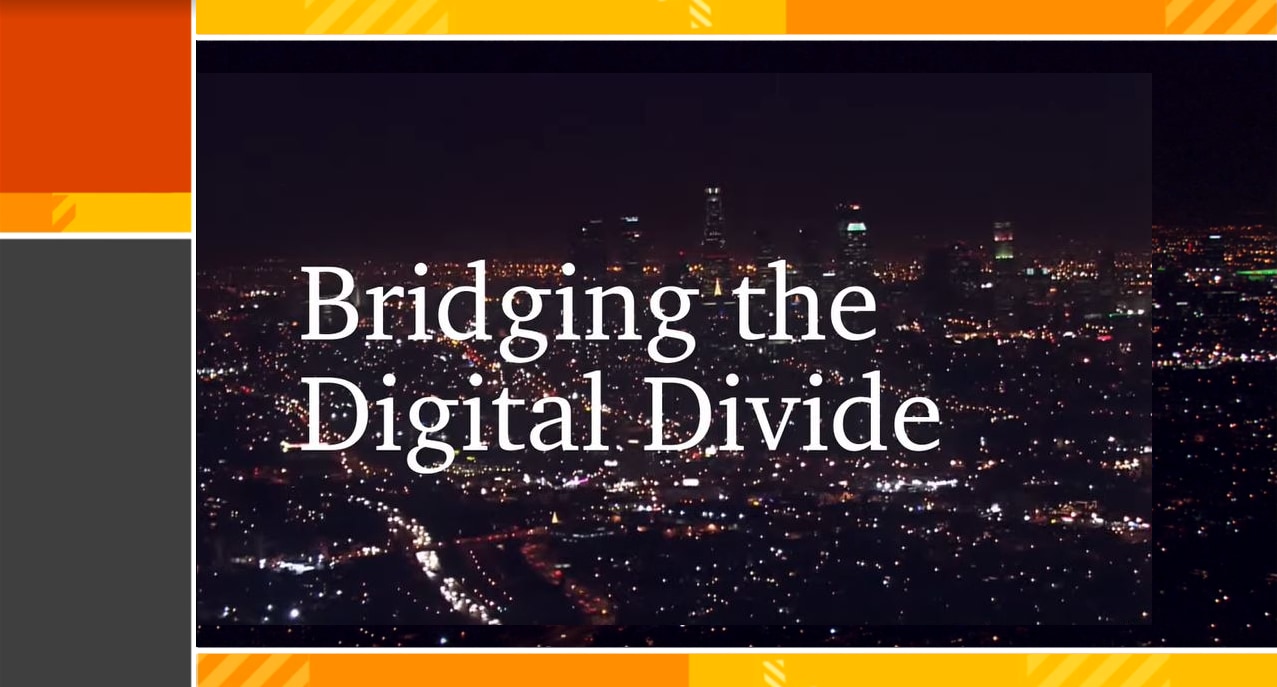{{item.title}}
{{item.text}}

{{item.text}}
Everyone should be able to live, learn, work and participate in the digital world
Our jobs are changing, and fast. Many roles are disappearing altogether, while new ones are springing up. The discrepancy between the skills people have and those needed for jobs in the digital world is one of the most critical problems of our time.
The need to upskill is a complex problem that will require decision-makers — educators, national, regional and local government administrators and business leaders — to come together.
Over the next four years, we at PwC are committing US$3bn to upskilling. This will primarily be invested in training our people, and in technologies for supporting clients and communities. Together we can grow tomorrow’s workers today. In the process, we’ll make the world a more resilient, more capable and more inclusive place.
Login or register to receive all the latest news and insights on upskilling.

We asked more than 22,000 workers to share their hopes and fears. Here’s what they told us:
Workers know automation will change their jobs, and want to learn new skills to improve their employability.
53% of workers believe automation will significantly change or make their job obsolete within the next ten years. Only 28% of respondents feel this is unlikely.
77% of adults would learn new skills now or completely retrain to improve their future employability—of these, 35% "strongly agree".
In fact, most workers welcome new technologies.
At least half believe that automation presents more opportunities than risks. They believe that automation will improve their job prospects and enable them to achieve digital proficiency or become an expert.
50% globally believe ‘automation presents more opportunities than risks’. 20% believe the opposite.
60% of global respondents think technology will improve their job prospects. 26% say it will impede their prospects and 14% think it will make no difference.
The level of education impacts people’s optimism. College and university educated respondents are the most optimistic about technology and their future employment prospects—even though they believe their current job is likely to change significantly or be displaced. Younger respondents prefer to develop proficiency in a specific technology, while older respondents are keen to build proficiency at learning and adapting to new technologies as they develop:
Fear is greatest where opportunities are fewest—among those whose formal education ended after secondary school.
Over a third (34%) of adults without education or training beyond secondary school say they are not learning any new digital skills, compared with just 17% of college or university graduates.
Workers without tertiary education are also less likely to be offered such training opportunities by their employers (38% are getting no such opportunities compared with 20% of graduate workers), and are understandably the group most nervous or fearful about the future.
{{item.text}}

{{item.text}}



